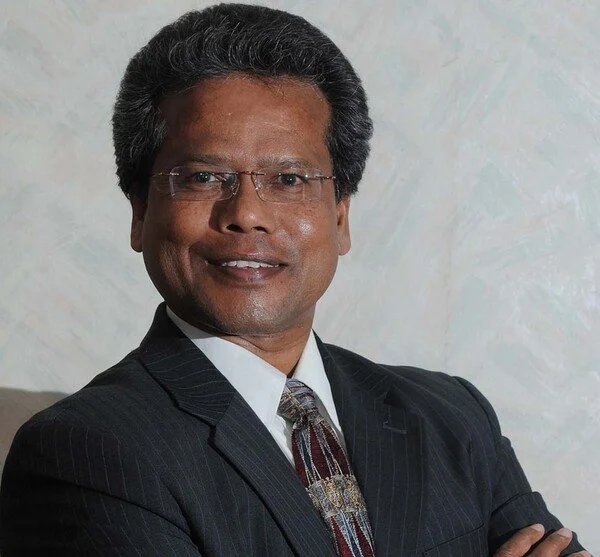Center for Health Excellence, Quality and Innovation launches Nutrition Hub at IU Health Methodist Hospital in Indy
Sufficient access to high-quality, nutritious food is necessary for overall health, but nearly 13% of U.S. households face food insecurity. A new initiative launched by the Center for Health Excellence, Quality and Innovation (CHEQI) in the College of Pharmacy aims to integrate nutrition and health care, raising awareness for the concept of food as medicine and providing patients with nutritious food tailored to their individual medical needs.
The Nutrition Hub, which opened at IU Health Methodist Hospital in Indianapolis in November 2023, is a partnership between CHEQI, the American Heart Association and Gleaners Food Bank of Indiana, the largest hunger relief organization in the state. The pilot project, funded by an IU Health Foundation community impact grant, is designed to bridge the food gap for patients facing food insecurity in the 46202 zip code. This area of downtown Indianapolis has a population of 20,688 with 24% of the community living below the poverty line.
“Once a health care provider identifies a patient as food insecure, the patient will be connected with a community health worker who will coordinate with the food bank to order nutritious food boxes or meals on a biweekly basis,” says Faria Chaudhry, a clinical assistant professor of pharmacy practice. “In addition to receiving nutritious meals, patients will also be counseled on their food choices to impact their eating habits longitudinally.”
The Nutrition Hub offers a novel approach to comprehensive patient care. While many health care providers agree it’s important for patients to eat nutritious foods, individual practices or even larger health care systems are not typically equipped to take an active role in providing food access. Patients could be referred to a local food bank, but that community resource might not have the capacity to provide medically tailored meals that are individualized for a patient’s specific disease states. Installing food lockers in a health care setting means patients can coordinate meal pickup with their medical appointments.
“The Nutrition Hub model connects health care systems with food banks and other local partners to integrate community-centered solutions and demonstrate a comprehensive and scalable model for responding to nutrition insecurity for underserved communities,” Chaudhry says. “The dialogues around food as medicine are just beginning. We don’t have much data to tell us what model works best. This initiative will give us an evidence-based model that can impact food insecurity and patient health outcomes.”
The initiative is co-lead by Chaudhry and Sonak Pastakia, professor of pharmacy practice, both of whom are members of CHEQI, which was established in 2020 to address the needs of populations who are historically underserved. The center focuses its work on addressing barriers to social determinants of health, the non-medical factors such as working conditions, housing, education and food security that affect health outcomes.
“Addressing food insecurity is a major priority for achieving health equity,” says Jasmine Gonzalvo, clinical professor and Chris and Theresa Dimos Director of CHEQI. “Historically, our health care structure hasn’t placed enough focus on preventative medicine. People who nourish their bodies with healthy foods at an early age and continue throughout their lifespan experience better health. Individuals with chronic health conditions need access to nutritious food to support a strong immune system and facilitate the healing process. Food as medicine applies to both preventative care as well as treatment.”
This story appeared in the 2024 issue of The Purdue Pharmacist magazine.











